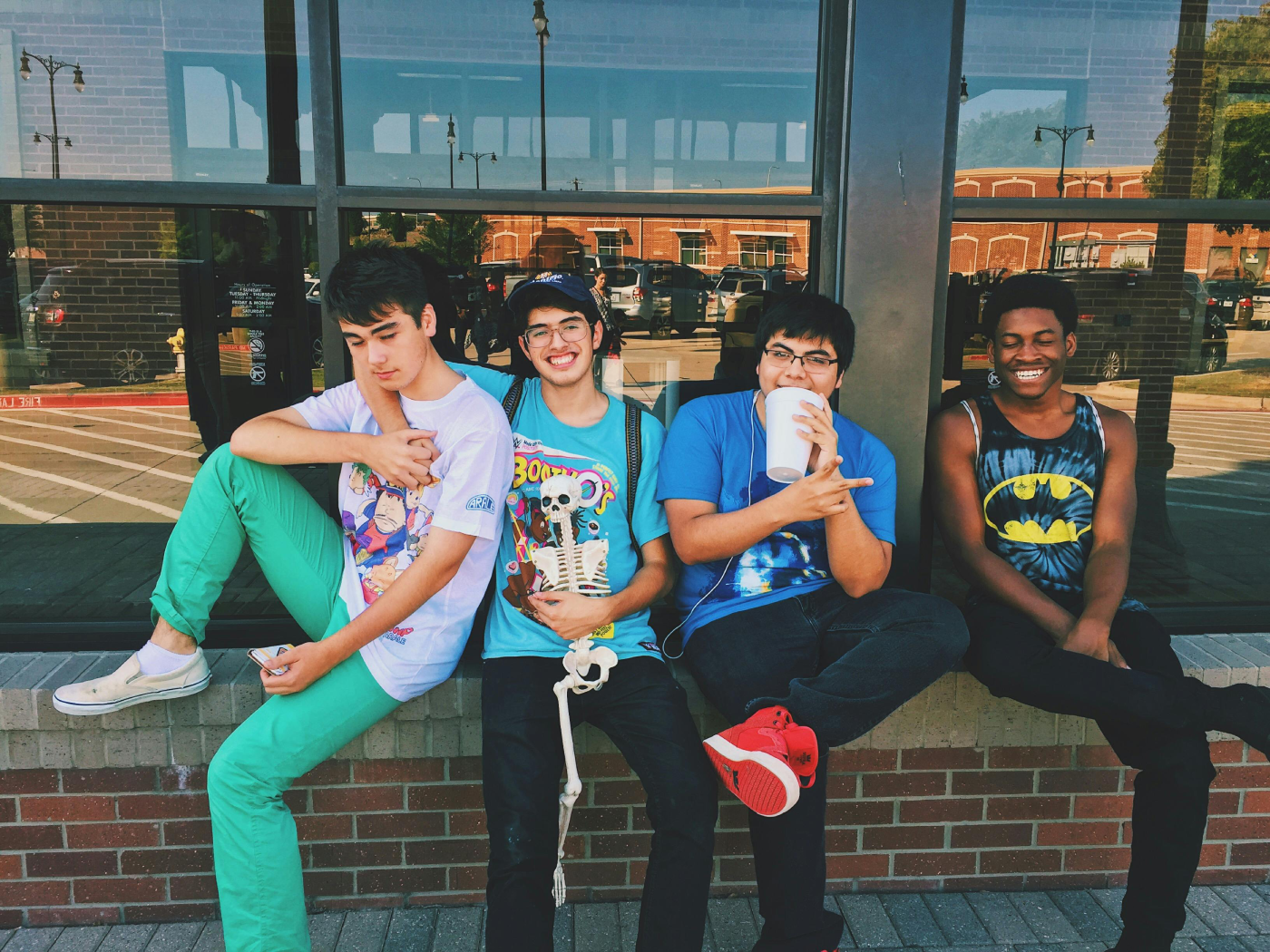It’s common for people who suffer from borderline personality disorder (BPD) to be misdiagnosed with bipolar disorder (BP). Bipolar I distinguishes itself from borderline personality disorder because people with bipolar I usually experience extreme manic and depressive episodes, as well as possible psychosis or hallucinations which is not experienced by people with borderline personality disorder.
However, bipolar II and borderline personality disorder are more difficult to distinguish from one another. Both disorders are associated with impulsivity, recurrent suicidal behavior, instability, and anger. Research has been conducted to analyze if borderline personality disorder should be a part of the bipolar spectrum but evidence has been inconclusive so far. However, treatment for borderline personality and bipolar disorder may differ so it is important to understand the differences.
About Borderline Personality Disorder (BPD)
Borderline personality disorder is a newer diagnosis that came about in the 1980s. BPD is largely defined by a pattern of intense unstable relationships and is usually caused by a person’s lack of self-identity, uncertainty of self-perception, or uncertainty of his or her role in society. A person with BPD will have strong, intense emotional reactions to his or her environment that are usually disproportionate to the situation. This is called emotion dysregulation which may show in a form of intense anger, anxiety, or depression that can last from a few hours to a few days. Often, emotional dysregulation may be triggered by an interaction a person has in a personal relationship.
People with BPD often tend to have extreme views of events or situations, perceiving them as either all good or all bad. Typically, people with borderline personality disorder will frequently change their beliefs due to their lack of identity. This may also cause them to quickly change their opinion about the people in their lives going from idolization to devaluation or from extreme dislike. Symptoms of BPD are chronic and pervasive in people’s lives. Self-harm is often exhibited in people with BPD as a way to manage their emotions. Other signs and symptoms may include efforts to avoid real or imagined abandonment, impulsive and dangerous behaviors, chronic feelings of emptiness, problems controlling anger, and difficulties trusting others.
About Bipolar Disorder (BD)
Bipolar disorder may cause unusual shifts in mood, concentration, activities, and hinder the person’s ability to complete daily tasks. A person with BD will experience mood episodes that are either manic, depressive, or possibly both. When this happens it’s called episodes with mixed features. Manic episodes are periods of feeling “up,” elated, irritable, or energetic. Depressive episodes are periods of feeling “down,” sad, hopeless, or indifferent.
During these mood episodes, people with BD will experience periods of intense emotion, changes in sleeping patterns and activity levels, and uncharacteristic, often impulsive, behaviors without realizing the harmful or wreckless effects of their actions. An episode may last for a day, several days, or even weeks. Signs of a manic episode include jumpiness, a decreased need for sleep, loss of appetite, talkativeness, a feeling of great importance, talent, or powerfulness, and impulsivity. Signs of a depressive episode include feelings of emptiness, fatigue, trouble falling asleep, an increased need for sleep, increased appetite, trouble concentrating, and little interest in most activities.
There are many different types of bipolar disorder including bipolar I, bipolar II, and cyclothymia. Bipolar II has the most overlapping symptoms with borderline personality disorder. This is because unlike bipolar I, people with bipolar II experience hypomania instead of manic episodes, which is less severe than full mania and usually doesn’t last as long. During hypomanic episodes, people may experience inflated self-worth, increased activity, racing thoughts, jumping from one idea to another, the desire to take on multiple tasks at once, and talkativeness. The person may not feel that anything is wrong, but hypomania can turn into severe mania or depression when gone untreated. A person with bipolar II may still experience severe depressive episodes and hopelessness which is why it may appear similar to borderline personality disorder.
A Direct Comparison
One of the big differences between bipolar disorder and borderline personality disorder is that borderline personality disorder primarily stems from a lack of self-identity, whereas bipolar disorder stems from the nervous system and is, therefore, more responsive to medication such as mood stabilizers and antipsychotics. Both BPD and BP can be treated with psychotherapy but dialectical behavioral therapy (DBT) was specifically created to help improve borderline symptoms whereas bipolar disorder is often treated with cognitive-behavioral therapy (CBT).
Another difference between bipolar and borderline personality disorders is how people experience mood changes. People with bipolar disorder experience random mood changes in episodes of mania and depression which tend to be longer than the mood changes experienced with borderline personality disorder, but in between episodes a person may experience periods of mood stability which is not present in borderline personality disorder.
Sleeping problems also tend to be more associated with bipolar disorder and self-harm tends to be more associated with borderline personality disorder although both symptoms are prevalent with both disorders.
While borderline personality disorder (BPD) and bipolar disorder (BD) do have many overlapping symptoms, treatment for the disorders often varies. Knowing the difference between borderline personality disorder and bipolar disorder will help you receive proper treatment and put you on the right path towards recovery. Our professionals at Shoreline Recovery Center are diligent with analyzing their patients’ symptoms in order to ensure a proper diagnosis.
We know that listening to our patients is an important step to delivering effective treatment that is specific to each patient’s mental health goals and needs. Shoreline provides many different types of treatments including dialectical behavioral therapy (DBT), cognitive-behavioral therapy (CBT), and medicated assisted treatment (MAT). It may take time to find the right combination of therapy and medications that work for you, but Shoreline is here to help make that process as smooth as possible. If you or a loved one are displaying symptoms of bipolar disorder or borderline personality disorder, please feel free to contact us at (866) 278-8495.







